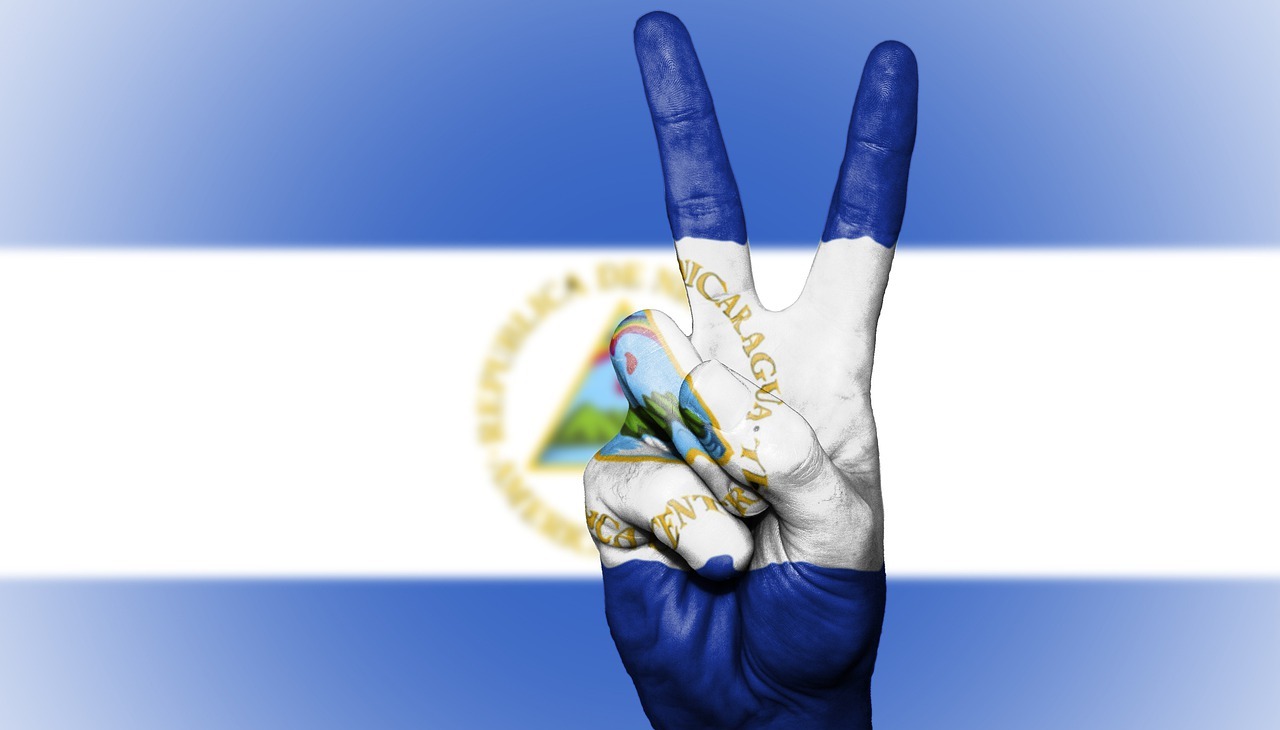
Why did Nicaragua break relations with the European Union?
The organization's ambassador in the Central American country was declared "persona non grata.”
Despite the fact that the EU has not yet made an official statement regarding the decision of the Government of Daniel Ortega to declare Bettina Muscheidt, who left the country last weekend, “persona non grata” (PNG), everything seems to indicate that the organization would be seriously considering breaking relations with this Administration.
For its part, the European External Action Service (EEAS), the body in charge of European diplomatic representations in the world, has not commented on this either.
Although at the moment the EU is thoroughly analyzing the implications of these actions, more than a thousand civil society organizations have been closed down, thus generating a scenario in which the entity's cooperation now has its hands tied.
"The expulsion from Nicaragua of the ambassador of the European Union is one more stage, which will not be the last, of the crazy drift of the presidential couple. We are facing a politically pathological situation," told DW Javier Nart, Vice President of the Delegation for Relations with Central America of the European Parliament.
The Trigger
The Nicaraguan government's decision came after accusing the official of interference in national affairs, an expulsion that would lead the organization to assume an agenda with Nicaragua similar to the one it has with Venezuela and the government of Nicolás Maduro.
It is important to highlight that by declaring a country's ambassador “persona non grata,” the Ortega government breaks off diplomatic relations with Brussels, a decision that, according to the international entity's response, could be temporary or extended to important areas such as the cooperation and trade.
This also means that Nicaragua breaks off relations with the EU, and not with its member states, which would indicate an interest on the part of Managua not to break completely with the old continent.
RELATED CONTENT
Gran paso para#Nicaragua
— FIDH (@fidh_es) September 15, 2022
https://t.co/x5zEIu6AO2
Background
After the figure of PNG was applied to Muscheidt, relations between the EU and the Ortega government were suspended, pending an official response from this alliance of European countries.
A similar episode was experienced when Venezuela did the same with the representative of the Europeans in Caracas, a situation to which the organization responded with reciprocity. However, on that occasion the ambassador in Brussels did not leave the country as she was, at the same time, representative to the Kingdom of Belgium.
Sanctions Against the Nicaraguan Government
In 2020, the EU issued the first list of members of the government who were sanctioned by prohibiting them from entering Europe and whose assets were frozen.
While the list continues to grow, thanks to the adherence of judges and prosecutors who participate in the convictions of different political prisoners, in 2021 the entity decided not to recognize the presidential elections won by Ortega, which it described as an "electoral farce."
Likewise, the EU has been demonstrating against the Nicaraguan government for several years, including formal complaints about the situation of political prisoners, the disappearance of space for civil society, the expulsion of international organizations, the repression, the situation of prisons and, finally, the imprisonment of members of the Catholic Church.
"There are times when silence is a way of saying. The EEAS is acting with infinite prudence, charging itself with reasons to make decisions relevant to this aggression, by a country that has received and continues to receive significant funds from the EU, ” added Nart, MEP for Spain from the Liberal caucus.











LEAVE A COMMENT: